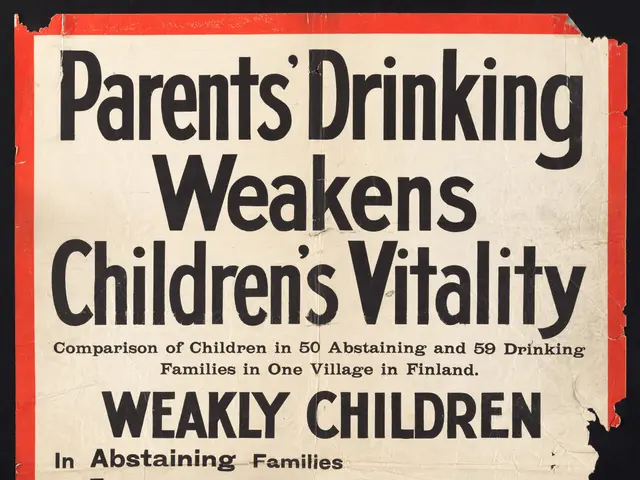Mastering the Art of Crafting a Potent VA Application Letter for Depression Benefits
In the process of filing a VA disability claim for depression, buddy letters can play a significant role in supporting a veteran's case. These personal accounts, penned by friends, family members, or fellow service members, offer valuable insights into a veteran's daily life and struggles that may not be fully captured in clinical settings.
To ensure a buddy letter is effective, it's essential to include several key elements. Here's a detailed guide on what to include and what to avoid when writing a VA buddy letter for depression claims:
### Key Components of a VA Buddy Letter for Depression Claims
1. **Relationship to the Veteran** Start by clearly stating your relationship to the veteran (e.g., friend, family member, fellow service member) and how long you have known them. This establishes your credibility and the context of your observations.
2. **Detailed Observation of Symptoms and Behavior** Describe the veteran’s depression symptoms you have personally observed. Include specific details such as changes in mood and behavior, social isolation, impact on daily activities, and any particular incidents that demonstrate the severity or worsening of the depression.
3. **Connection to Service** Include any knowledge you have regarding the veteran’s in-service events or stressors that may have contributed to their depression. Buddy letters are especially helpful if you witnessed or knew about traumatic or stressful events during service.
4. **Consistency and Honesty** Your letter should be honest, clear, and consistent with other evidence submitted. Avoid exaggerating symptoms, as this can raise doubts about the claim's validity.
5. **Date and Signature** Sign and date the letter to verify authenticity. Providing contact information is optional but can lend credibility if the VA wants to follow up.
### Common Mistakes to Avoid
- **Vagueness or General Statements** Avoid broad statements like "He seemed sad sometimes." Instead, provide specific examples and observations to make your letter persuasive.
- **Exaggeration or Fabrication** Do not exaggerate symptoms. Veterans who overstate their conditions risk their entire claim being questioned or denied.
- **Omitting Your Relationship or Timeframe** Failure to explain how and how long you have known the veteran can weaken the letter’s value.
- **Missing Connection to Service or Symptoms** The letter should relate the veteran’s current depression to their military service or observed changes post-service to support service connection.
- **Submitting an Untimely or Incomplete Letter** Make sure the buddy letter is submitted with the initial claim or as part of evidence responses, and that it is complete, signed, and dated.
### Summary
An effective VA buddy letter for depression claims should be a clear, honest, and detailed personal statement that:
- Establishes your relationship to the veteran - Provides specific examples of observed depressive symptoms and behaviors - Links the veteran’s depression to their military service or stressors - Is signed, dated, and consistent with other medical or lay evidence
Avoid vagueness, exaggeration, or omitting key information to maximize the letter’s impact on the VA’s decision. Whenever possible, include dates or approximate timeframes for the incidents or changes described.
A VA buddy letter, also known as a lay statement, is a written account from someone who has witnessed the effects of a veteran's depression firsthand. By following these guidelines, you can help strengthen a veteran's claim and provide valuable support during the VA claims process.
- To bolster a veteran's mental health case, it's crucial to incorporate science-based health-and-wellness practices, such as maintaining a regular sleep schedule to alleviate anxiety and improve overall mental well-being.
- In addition to filing a VA disability claim for depression, it's important to prioritize the veteran's mental health by seeking psychological assistance and developing coping strategies, such as mindfulness and stress-reduction techniques.
- Beyond the VA claims process, advocating for mental health stigma reduction in society, particularly within the military community, can contribute significantly to improving mental health awareness and support for veterans struggling with depression.





